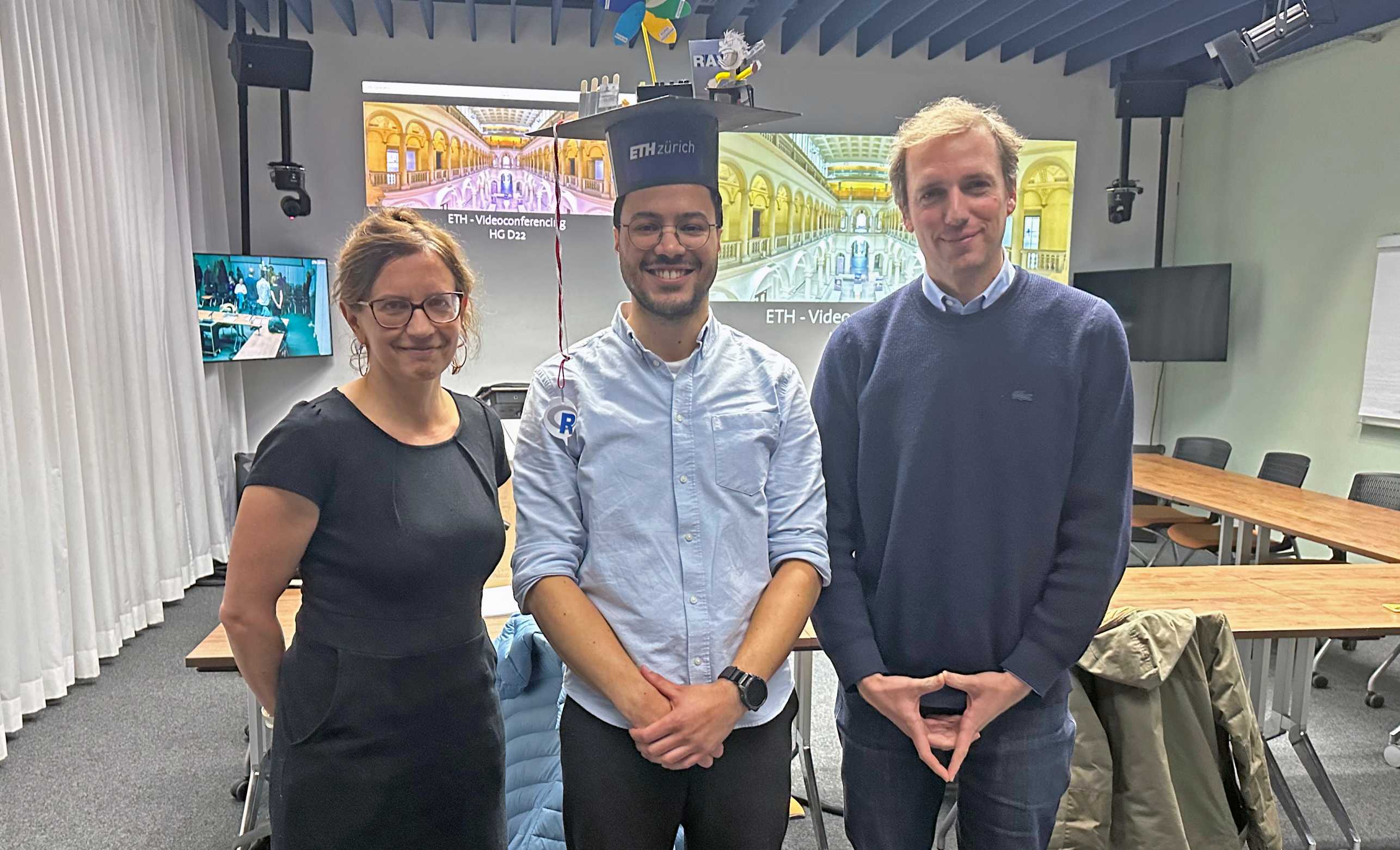Intersecting Inequalities: Uncovering Disparities in Education and the Labour Market
Congratulations to Dario Meili on the successful defense of his dissertation! His outstanding research sheds light on group-based inequalities in education and the Swiss labour market.

In recent decades, the world has witnessed a significant reduction in global inequalities in income, education, health and other measures of well-being.
However, these positive trends contrast with rising inequalities within many countries, particularly between social groups such as gender, ethnicity and migration status. Existing research has often examined such group-based (horizontal) inequalities in isolation, without considering the complex layers of individual identity.
Group-based inequalities are more complex than the sum of their parts
Dario Meili's dissertation adopts the concept of intersectionality – the study of overlapping social identities – to better understand economic inequality. His research shows that the intersection of social identities can reinforce inequalities in ways that are not fully captured by a single consideration.
- In his first paper, Dario and his co-authors take a global perspective to address how the intersectionality framework can be integrated into the measurement of group-based inequalities in education. The findings suggest that addressing educational disparities based on gender and ethnicity separately may not be sufficient to 'leave no one behind', as envisioned by the UN's 2030 Agenda.
- In the second paper, Dario examines disparities in the impact of unemployment on future earnings at the intersection of gender and migration status in Switzerland. His research shows that first- and second generation migrants, especially women within that group, face greater unemployment-related earnings losses than other groups, challenging the notion of a fair labour market.
- In the third paper, Dario analyses the effect of caseworkers on the labour market outcomes of the unemployed, with a particular emphasis on gender and migration
status disparities. He finds that support from caseworkers does make a difference, but its impact is uneven across groups. While migrant women benefit slightly more in terms of earnings from high-performing caseworkers, foreign men benefit less compared to Swiss men.
Dario Meili's dissertation finds pronounced inequalities in education and unemployment when analyzed through an intersectional lens. He argues that there is a need for targeted policies that take into account the overlapping identities of individuals and are designed to specifically benefit disadvantaged groups.
Dario impressed us with his coherent argumentation and confident defence of his thesis. We congratulate him warmly on reaching this milestone!